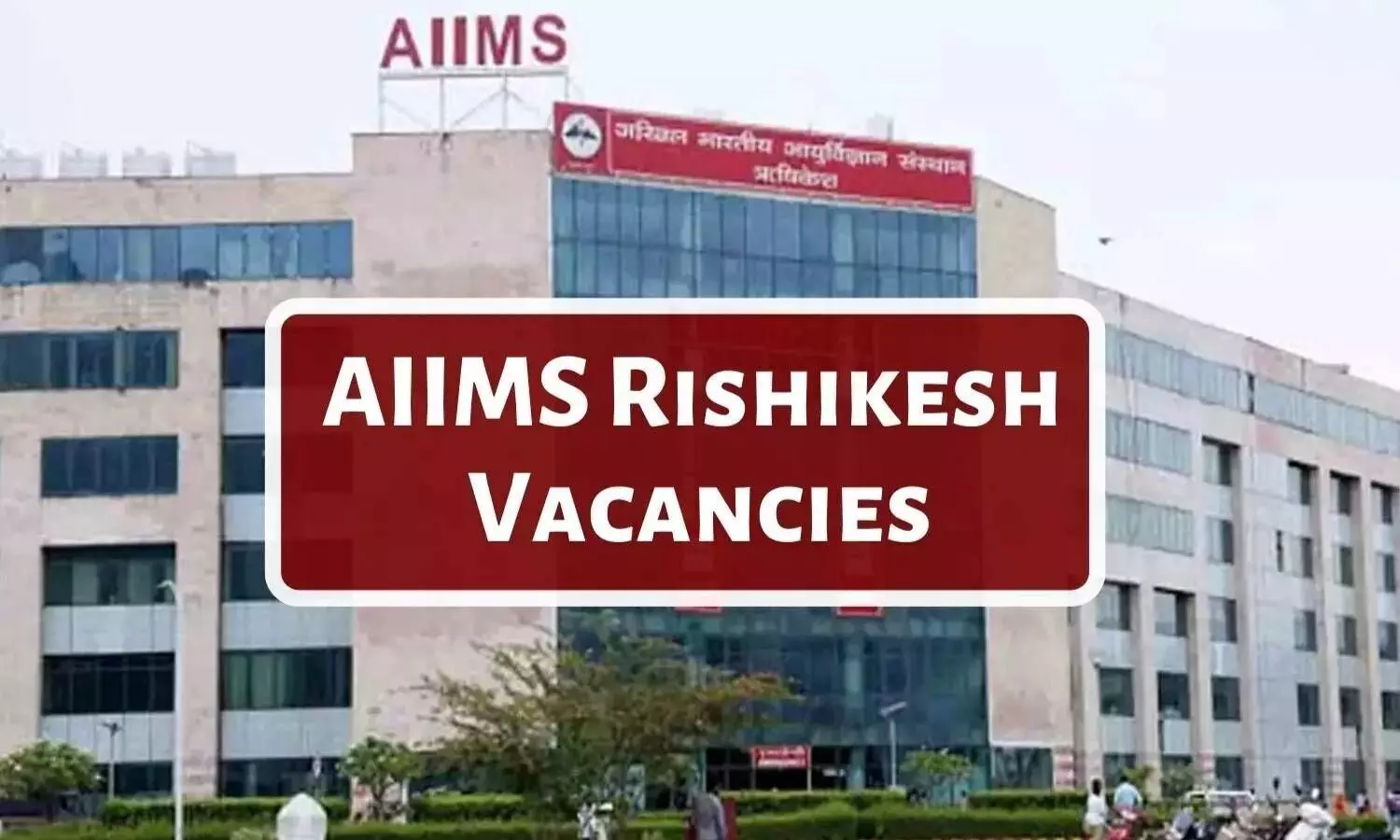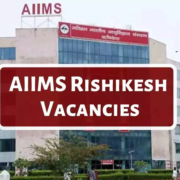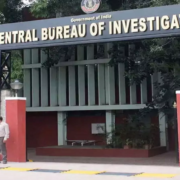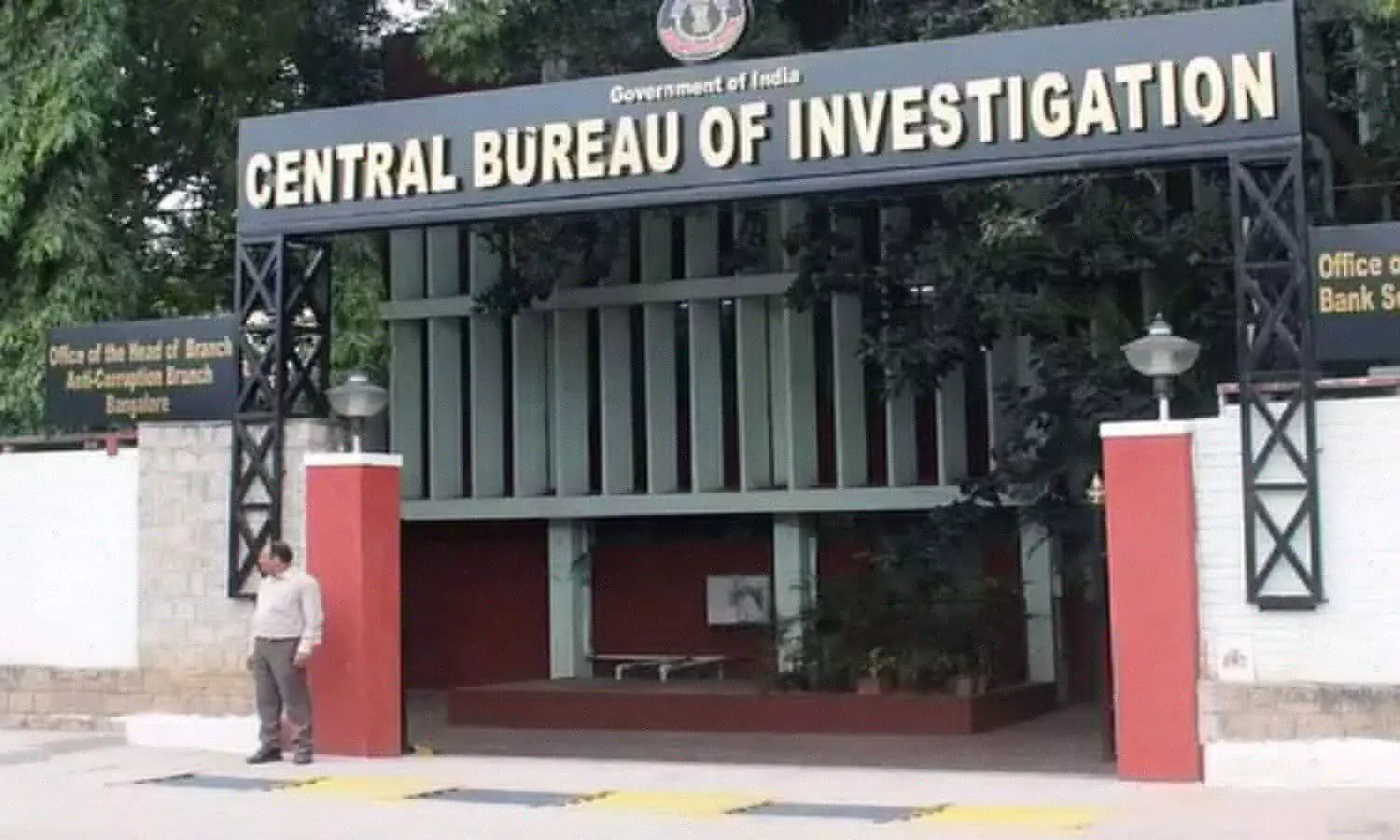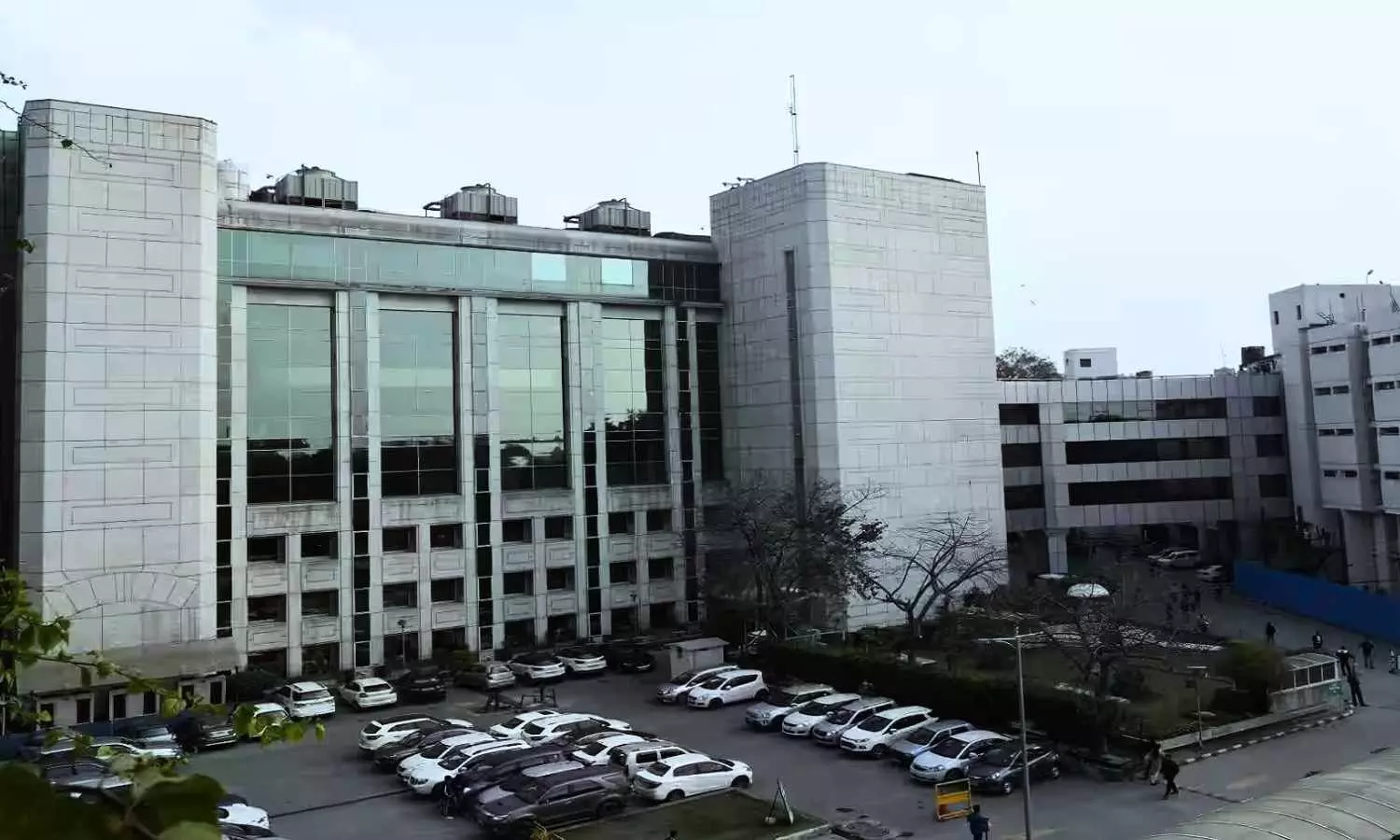No Major Heart Health Benefits from Plant-Based Meats, New Study Finds
In a recent study published in The American Journal of Clinical Nutrition, researchers conducted an eight-week-long randomised controlled trial to evaluate the impacts of consuming a plant-based meat analogue diet versus one composed of an omnivorous animal-based one.
In recent years, a resurgence in global Plant Based Diets popularity has been witnessed, with environmental, health, and animal welfare concerns primarily driving this observation.
Previous research has established vegetarian and vegan diets as healthier than meat-based diets (MBDs), particularly in cardiometabolic outcomes. Furthermore, large and data-rich controlled trials have suggested that the gradual transition from ABD to PBDs can reduce the risk of chronic, non-transmittable diseases. These food products aim to mimic the organoleptic properties of meat-based food products while meeting the ethical and health benefits of vegetarian/vegan ones.
Unfortunately, given that PBMAs are still novel introductions, scientific evidence for their health benefits remains severely limited. While a few studies have suggested weight-loss benefits to PBMA consumption, their cardiometabolic risk outcomes are hitherto confounding.
Conducted at the Clinical Nutrition Research Centre in Singapore, the study involved a cohort of adults aged 30-70, who were omnivorous with elevated blood glucose levels but no diabetes.
Participants were screened via questionnaires on lifestyle, food frequency, and health history. Standard measurements of height, weight, and waist circumference were taken, along with fasting blood glucose and glycated hemoglobin levels. After baseline evaluations, participants were randomly assigned to either the ABMD or PBMD group. Over an eight-week period, participants gradually substituted their regular diets with the provided animal or plant-based diets.
The study found that protein and saturated fat intake increased over time, especially in the ABMD group, while carbohydrate intake decreased. The PBMD group saw significant reductions in cholesterol, sodium, and potassium. Compliance was high, with 87% in the PBMD group and 95% in the ABMD group adhering to the diet.
Despite these dietary changes, there were no significant effects on lipid profiles, including LDL cholesterol. The cardiovascular risk scores did not show differences between the groups or changes from baseline to the end of the study. Weight and BMI also did not improve, though both groups did experience a reduction in waist circumference over the eight weeks.
The findings suggested that the current PBMDs do not reflect the cardiovascular advantages of their constituent plant foods, possibly due to essential nutrient loss during the latters’ processing for the formers manufacture.
Reference: Toh, D. W. K., Fu, A. S., Mehta, K. A., Lam, N. Y. L., Haldar, S., & Henry, C. J. (2024). Plant-Based Meat Analogs and Their Effects on Cardiometabolic Health: An 8-Week Randomized Controlled Trial Comparing Plant-Based Meat Analogs With Their Corresponding Animal-Based Foods. In The American Journal of Clinical Nutrition (Vol. 119, Issue 6, pp. 1405–1416). Elsevier BV, DOI = 10.1016/j.ajcnut.2024.04.006,
Study Explores Potential Impact of Microplastics Found in Penises on Fertility
Male infertility remains a global issue, with its causes often not well understood.
Given the growing evidence of microplastics infiltrating various biological systems, such as blood and lungs, researchers are now exploring their potential effects on reproductive systems.
Previous research has investigated the presence of microplastics in male reproductive organs.
Now, new research published in IJIR has revealed that four out of five penis tissue samples from five men contained seven different types of microplastics.
These polymer fragments can vary in size from less than 0.2 inches (5 millimetres) to as small as 1 micrometre (1/25,000th of an inch).
Microplastics form when larger plastic materials degrade chemically or wear down physically into tinier pieces. They enter the body through various means, including ingestion of contaminated food and water, inhalation of airborne particles, and absorption through the skin. Once inside, they can circulate through the bloodstream and accumulate in organs, potentially causing health issues.
In the study, researchers collected samples from participants diagnosed with erectile dysfunction (ED) who were undergoing penile implant surgery at the University of Miami between August and September 2023.
Chemical imaging analysis of the samples revealed that 4 out of 5 men had microplastics in their penile tissue. The study identified seven different types of microplastics, with polyethylene terephthalate (PET) and polypropylene (PP) being the most common.
“Microplastics can enter the human body through ingestion, inhalation, and skin contact. They are present in the air, water, and food, especially in items like seafood, sea salt, and bottled beverages. The study found that microplastics, tiny plastic particles less than 5mm in size, were present in the penile tissue of men who underwent surgery for erectile dysfunction. These microplastics were detected in 80% of the samples, with the most common types being polyethylene terephthalate (PET) and polypropylene (PP),” said Ranjith Ramasamy, lead author of the study.
Reference: Codrington, J., Varnum, A.A., Hildebrandt, L. et al. Detection of microplastics in the human penis. Int J Impot Res (2024). https://doi.org/10.1038/s41443-024-00930-6
Can Diabetes Cause Uterine Cancer? ICMR sheds light
Diabetes is a global health crisis, with millions being diagnosed each year. While complications such as heart disease, kidney disease, and nerve damage are well-known, a lesser-known but equally serious complication is the increased risk of uterine cancer.
The Indian Council of Medical Research (ICMR) has highlighted a crucial link between type 2 diabetes and a rise in uterine cancer cases, emphasizing that managing diabetes involves more than just blood sugar control.
According to ICMR, diabetes mellitus (DM) significantly increases the risk of endometrial cancer (EC). Women with type 2 diabetes are twice as likely to develop EC, with high blood sugar levels potentially contributing to the growth and spread of endometrial cancer cells. The connection between these conditions can be partly attributed to obesity, a common factor in both. Excess weight disrupts healthy hormone production, leading to high insulin levels in diabetes, which may also promote uncontrolled cell growth seen in uterine cancer. Obesity can trigger chronic inflammation, creating an environment conducive to cancer development.
Understanding these shared pathways is crucial for developing preventative strategies and improving patient care. Chronic inflammation and oxidative stress associated with diabetes weaken the immune system and promote abnormal cell growth. This risk is heightened by obesity, leading to a high-estrogen environment and chronic inflammation. Additional risk factors include age, HPV infection, unhealthy habits like smoking and alcohol use, and insulin resistance.
Preventing uterine cancer in individuals with diabetes starts with controlling blood sugar levels. Maintaining a healthy weight through a balanced diet and regular physical activity is essential, as obesity significantly increases the risk. Smoking is another major risk factor; individuals with diabetes who smoke are at an even higher risk of uterine cancer.
Regular screening for uterine cancer is vital for early detection and treatment. Women with diabetes should undergo annual pelvic exams to check for abnormalities in the uterus and cervix. Early detection through these tests increases the chances of successful treatment.
Recognizing the early signs and symptoms of uterine cancer, such as abnormal vaginal bleeding, pelvic pain or pressure, and pain during intercourse, is also important. Consulting a healthcare professional if these symptoms occur can lead to early evaluation and intervention, improving outcomes.
In conclusion, understanding the link between diabetes and uterine cancer is vital for effective management and prevention. By maintaining blood sugar control, a healthy weight, quitting smoking, and undergoing regular screenings, individuals with diabetes can significantly reduce their risk of developing uterine cancer.
Reference: Indian Council of Medical Research- ICMR
